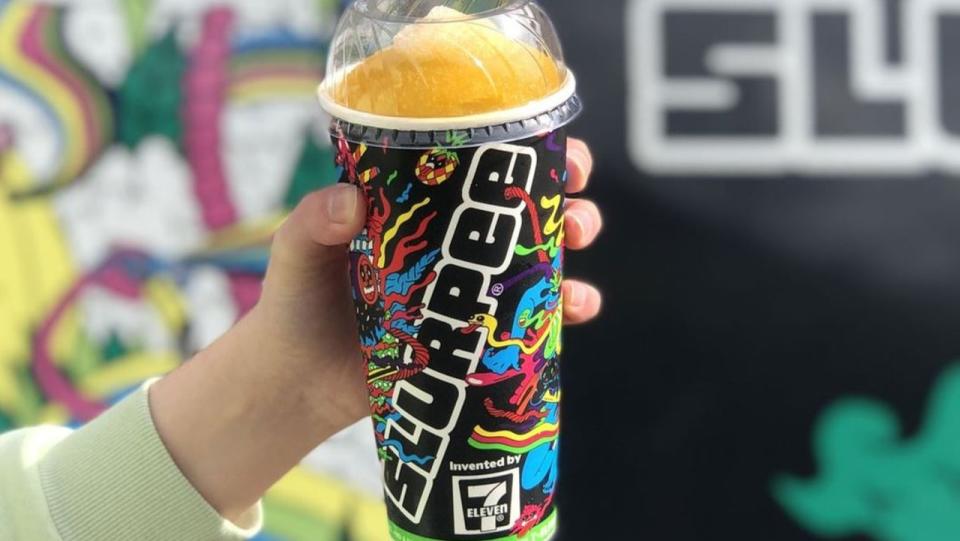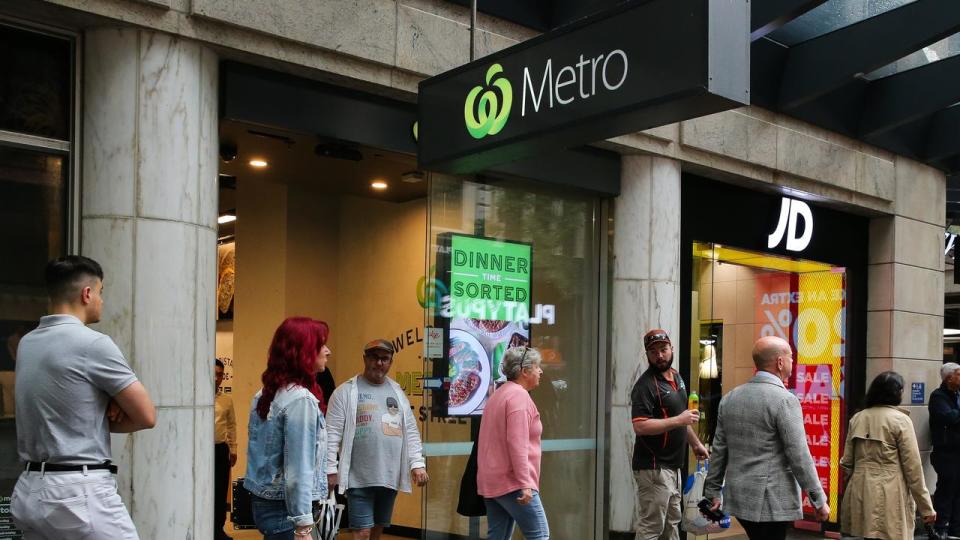What to expect from 7-Eleven sale

It’s long been a top spot for a quick stop, whether it be to grab a cheap coffee, a massive slurpee or an easy snack.
But after almost 50 years, one of Australia’s largest convenience retailers is up for sale, putting the future of its iconic buys on the line.
In a letter sent to shareholders on May 1, the chairman of 7-Eleven Australia, Michael Smith, cited the “right timing” as the reason behind the change in ownership of the 750-store chain.
“Across our network of stores, it’s business as usual and our focus is on our customers and being the first choice in convenience retailing in Australia,” Mr Smith told shareholders.
Over its enormous national network of fuel and convenience stores, the company is set to fetch up to $3 billion when sold.

What is 7-Eleven?
7-Eleven has grown from a single store in Melbourne in 1977.
A private company owned by the Withers and Barlow family, the Australian chain is licensed to operate and franchise the stores by the US-based 7-Eleven Inc.
The chain now boasts 750 stores across Victoria, New South Wales, ACT, Queensland and South Australia.
It processes 250 million transactions every year and employees more than 9,000 people across its corporate and franchise network.

The company claims to be the largest independent fuel retailer on the eastern seaboard as it sells Mobil-branded fuel.
It was best known for its $1 coffees and slurpees.
However, in October last year the price of a regular 7-Eleven coffee spiked to $2 a cup and a large slurpee jumped to $1.50.
The shock price increase was blamed on inflated operational costs.
Why are they selling?
With an annual turnover of $300 million, the decision may come as a surprise to the many who have long relied on the stores’ widespread locations and long opening hours.
Retail consumer behaviour expert at QUT, Gary Mortimer, said the family’s decision to sell was ultimately a “smart move”.
“This is a business that is underpinned by fuel retailing as well as tobacco products and snacks,” professor Mortimer said.
“All of those categories are projected to decline over the next one or two decades.
“It makes good sense why they would want to get out.”
In addition to announcing a five per cent increase in tobacco taxes over the next three years, the Albanese government also announced a crack down on vaping this week.
New data from the Australian Association of Convenience Stores (AACS) found non-food retail in the sector declined by 1.6 per cent in calendar 2022, led by tobacco sales which fell by three per cent.
Professor Mortimer said the progressive decline of tobacco sales over the past few decades will continue, especially with the implementation of “tighter controls” over vaping.

What happens next?
Traditional layouts of current service stations also inhibit their ability to be repurposed in catering to the growing demand for electric vehicle (EV) charging infrastructure.
The Electric Vehicle Council found that the number of EVs purchased in 2022 nearly doubled from the previous year, putting the country on track to pass its 100,000 EV sales milestone this year.
Despite public chargers increasing from 3413 to 4943 between 2021 to 2022, the establishment of EV charging infrastructure has continually lagged behind EV sales.
While the expansion of the EV charging network is set to transform the service station landscape over the coming decades, most current sites are likely too compact to make the transition.
“The challenge currently is that it takes time to charge an electric vehicle and these stores and sites are very small,” professor Mortimer said.
“At the moment they’re set up to quickly fill up your car, grab a snack and leave.”

Rather than transforming into the green service stations of the future, current 7-Eleven convenience stores will likely find a new purpose altogether.
AACs’ latest “state of the industry” report found convenience stores’ food and beverage sales ended the year with a growth of 16.7 per cent.
“7-Elevens could potentially become small neighbourhood convenience stores less underpinned by cigarettes, confectionery and fuel,” professor Mortimer said.
“We are seeing growth in convenient ready-made healthy meal options, as we’ve seen the growth of Tesco Express in the UK.
“Maybe they become little supermarket-owned convenience stores.”
Woolworths Metro stores saw a sales increase of just under 30 per cent in Q3 2023 compared to the previous year, likely driven by increased commuting in populated areas post-Covid.

“When you think about those 7-Eleven sites they are in high-transit corridors, near train stations or highways, and are perfect for someone zipping and grabbing a meal on the way to work or home,” professor Mortimer said.
Will prices change?
As for what loyal customers of 7-Eleven can expect beyond the chain changing hands, professor Mortimer said you’re unlikely to “see any change”.
“If new owners take on the brand you wouldn’t see a brand name change,” he said.
“There’s a great deal of brand equity and awareness around 7-Eleven, and maintaining that brand would certainly continue to draw customers in.
“I wouldn’t think prices would change either, if there’s a new owner in place they tend to maintain consistency until they’ve done a strategic review.”
Over the coming years, the man changes customers can expect to see are less fuel sites and a larger focus on convenience store sales.
So your $2 coffees are safe.
For now.


